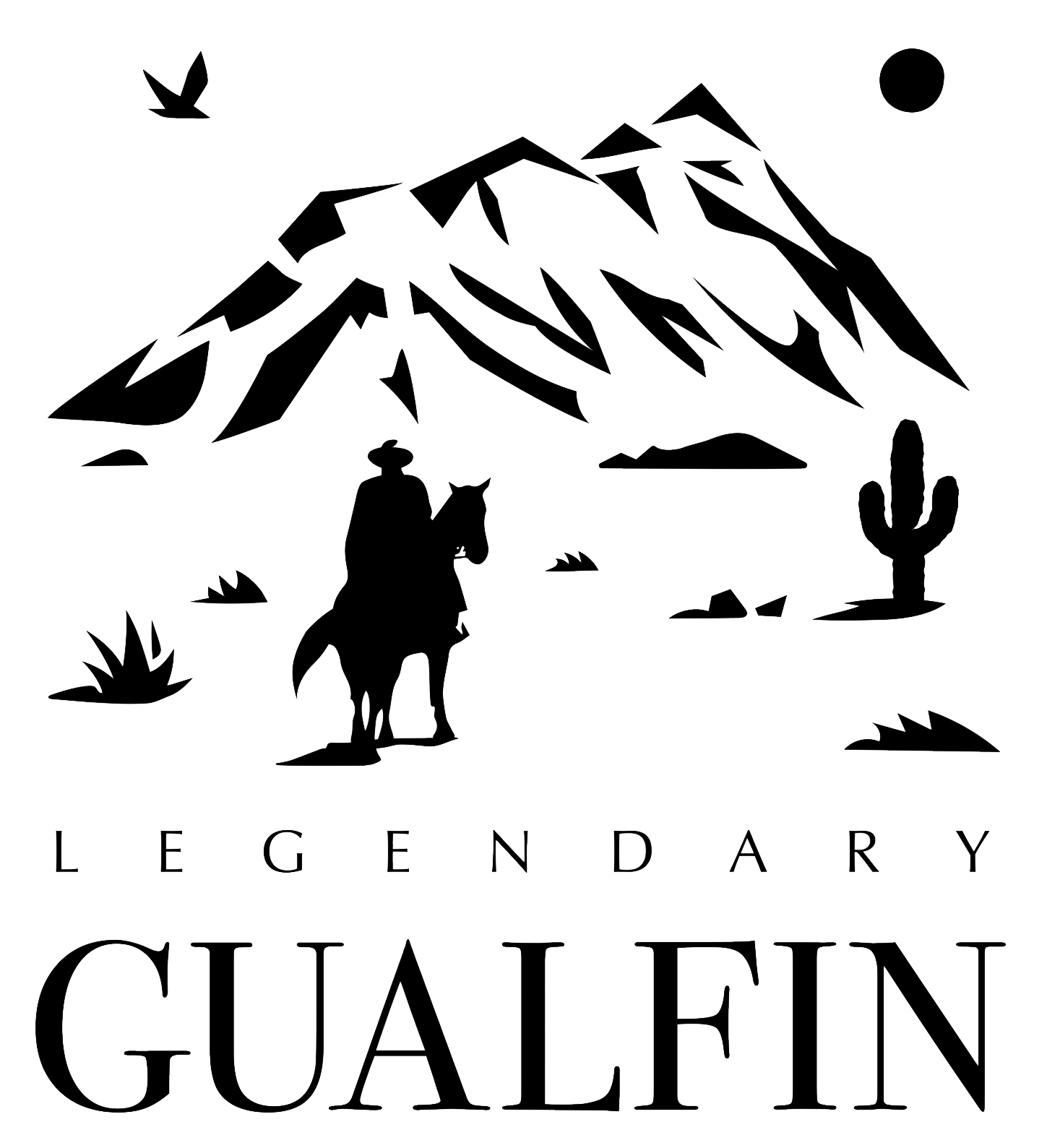Not a Good Place for a Heart Attack
GUALFIN, ARGENTINA – Have you ever wondered what you would do if you had a health emergency in a remote location?
We never thought about it… until last week.
Then we found out.
Place at the End
Up at the ranch… five hours from the nearest emergency room… your editor began having symptoms of what seemed like a heart attack.
Our heart was racing, pounding, and fluttering. We gasped for air.
Hmmm… Drought… Indian attacks… and now this!
This was not a good place to have a gimpy heart. Suddenly, we saw black crepe hanging from the ceiling beams and a group of women keening in the living room.
Gualfin means “the place at the end.” The name was beginning to look like prophecy.
Our eyes misted over. We began composing funeral orations… selecting dirges… and imagining the combination of expectation and chagrin that our sudden departure might entail.
We considered the practicalities: Did we forget to tell anyone that you need to pump the gas three times to start the old pickup? Did we tell anyone where we hid the silver dimes? Will anyone remember to close the barn door properly, so the wind doesn’t take it off its hinges?
Poetic Relief
Then, between gulps of air, we saw our dear readers, tears in their eyes, as they got the news.
We wondered how to put the news to them, softly, without sounding absurd.
People today say that someone has “passed.” But the word lacks meaning… and drama. Passed what? To whom?
We wondered how to phrase it better. We wanted the message to be clear and unambiguous, and also to offer mourners a little poetic relief.
“We’re sorry to report that your editor is no more. His stock has ceased trading. He has moved on… to where he will receive his last bonus, or penalty, such as it is.
“He will not be renewing his subscription to the Financial Times. He will not be checking his email, if you know what we mean.
“His wife is a widow. His children are fatherless. His lawyers are rejoicing and drawing up plans for vacation homes.”
Tombstone Ditties
We were thus engaged in reverie when Elizabeth talked sense:
“You’re probably fine. You know you’re a hypochondriac. But rather than staying up here and composing ditties to put on your tombstone, let’s go to Salta immediately and get it checked out.”
So we drove down to the city and went to see a cardiologist. Then, after days of scanning and photographing, measuring and recording, he pronounced judgment:
“Your heart is healthy. Nothing to worry about. It must be the altitude that is causing problems. Your ranch is at 9,000 feet above sea level. That’s pretty high. Some people react badly.”
“What can we do about it?” we asked.
“Don’t go up that high,” came the sage advice.
For those interested in medical treatment in foreign countries, we found the whole procedure efficient and simple.
But it helps if you have friends who know how the system works.
Argentina operates a free public health service.
“Oh… but you can’t go there,” a friend explained. “It’s terrible. You’ll die before a doctor ever sees you.”
Emergency Measure
So we went to a private clinic.
We paid cash for each procedure – X-rays, ECG, CAT scan, blood tests, ultrasound. The whole kit and caboodle, including three consultations with doctors, cost about $800.
After we got our diagnosis, the next few days were taken up with wondering what to do.
The local guy proposed a drug. But when we asked our Baltimore-based doctor for a second opinion, he was emphatic: “That will never work.”
We ended up going back up to the ranch after promising to visit a specialist at Johns Hopkins when we get back to Baltimore.
In the meantime, we will continue to write our Diary… and we will keep the electric cattle prod near the bed… just in case.
Regards,
Bill
